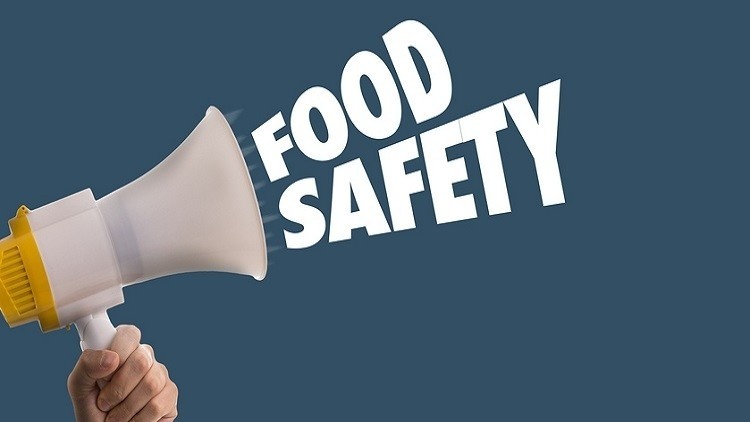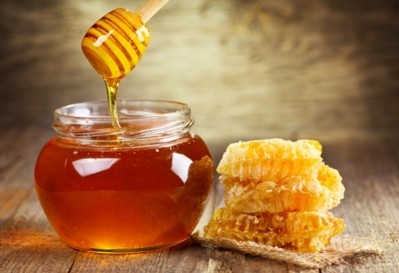India food fraud alarm: Much more needs to be done if ‘Make in India’ campaign is to succeed

According to the Authentication Solution Providers’ Association (ASPA) State of Counterfeiting in India 2020 report, overall counterfeit incidents in India rose by 24% year-on-year between 2018 and 2019, especially the three analysed sectors covering food and beverage items.
“[We found] approximately 249 incidents reported in 2019 across the three [F&B-related] sectors of FMCG (129, including Dairy), Alcohol (103) and Agriculture (17). This was an increase of 21% over 2018 when 206 such incidents were reported in these sectors,” ASPA President Nakul Pasricha told FoodNavigator-Asia.
“Among these, the FMCG sector is most vulnerable as counterfeit incidents in the sector increased by 63% between 2018 (79) to 2019 (129).”
FMCG and Alchohol also took the second and third spots in terms of counterfeiting, behind only Currency (181 incidents). Agriculture took sixth place.
“Counterfeiting is a universal issue. Indian industries have a lot of potential but are severely affected due to counterfeiting and the high menace of counterfeit is not only bothering Government & Brand Owners but also increasing life threat to the end consumer.
“[A better authentication environment] is needed to support the Government’s ‘Make in India’ initiative and its image at a global level, where trust is becoming an especially critical factor worldwide [especially for] food products.
“We [in India] need to ensure that the “Make in India'' products are genuine, safe, and secure until they are delivered to the end consumer across the globe, [or it will be hard for the campaign to succeed].”
In the report, ‘counterfeiting’ covers adulteration, smuggling, trademark infringement, packaging and labelling fraud and all manufacturing of a product that purposefully closely imitates the appearance of an ‘original’ product to mislead a consumer that it is said product.
Some of the most counterfeited food and beverage items in India were highlighted as cumin seeds (made from stone powder and broom bits), mustard cooking oil and ghee which are all very common in Indian cooking, as well as illegally-produced liquor.
“[For cooking oil in particular], the best way to prevent counterfeiting would be to stop loose oil sales. The Solvent Extractors'' Association of India (SEA) has long been demanding steps, including ban on loose oil sales and standardisation in packaging,” said Pasricha.
“Loose oil sales in India is officially banned for many years now but somehow, the law has never been implemented. The Consumer Affairs Ministry [recently] directing all States to strictly enforce the ban on sale of loose cooking oil [so] officials [are now] accountable to curb this menace.
“By selling packaged oil, traceability is ensured as the label mentions the name as well as other details of the manufacturer. The Consumer Ministry had also asked States to ensure prevention of the reuse of tin and plastic containers for edible oils and fats.”
Pasricha also called for the State governments to upgrade the traceability and protection of alcoholic products so as to prevent more illicit alcohol from spreading in the country.
“In India, liquor regulation is a State subject [and] more than 22 local State Excise Departments use Tax Stamps to help as an essential tool in ensuring revenue protection and preventing illicit liquor and smuggling,” he said
“However, there is always scope for betterment. These stamps must be enhanced with new generation digital traceability solutions providing real-time data intelligence to make the system more robust.”
According to the International Tax Stamp Association, tax stamps are essentially stamps which denote that payment is made to a recognized government authority for the product and can essentially guarantee that said product is genuine.
For alcohol bottles, these are positioned over the bottle opening and also act as an anti-tampering seal.
Crime and counterfeits
The Indian states demonstrating the most counterfeit incidents were also some of the most populous ones such as Uttar Pradesh, Bihar and Rajasthan. According to Pasricha, this could very well be related to high crime rates already occurring in these states, as well as their proximity to country border lines, making it easier to engage in smuggling activities.
“According to the National Crime Records Bureau (2017) data, UP & Bihar were also among the top 10 crime lists in the country. [In addition], these three States also include the big part of the total geo-geographical area of the country and border proximity with neighboring States including Pakistan, Nepal, Bangladesh, and Myanmar,” he said.
“Another reason could be the percentage of rural population – these three states are home to 75+% of the rural population in India. While FMCG companies are betting big on rural markets, counterfeiters are also finding ways to con people in rural areas.
“The gap between a huge demand for branded products, lack of distribution channels and lack of awareness has led to the growth of fake FMCG brands in these areas.”
Uttar Pradesh in particular showed a record 180 counterfeit incidents in 2019, a 33% increase from 135 in 2018 and over 2.5 times the number of incidents in its closest contender Bihar (51).
Pasricha also confirmed Uttar Pradesh was also home to the most counterfeiting incidents related to food and beverage items including liquor, as well as higher up the food chain for agricultural products although he declined to reveal the specific statistics for these.
Only way forward
One of the most serious hindrances to combatting counterfeits at present is its recognition as an actual and serious crime, and its recognition will be the only way that the country’s food scene can move forward, Pasricha added.
“There is no silver bullet, [just the] three important elements of Awareness, Identification and Enforcement and participation. Adopting technology (authentication & traceability solutions) is the first and most important preventive step,” he stressed.
“The Government and Brand owners need to communicate to consumers about the authentication features on their products, and the means to verify those features. The reporting of counterfeit as a crime – an actual crime - is also very important [to stop counterfeiting] prevalence in India.”






















